In the fast-paced world of technology, the battle between USB-C and Lightning charging standards has captured the attention of tech enthusiasts and everyday users alike. Both USB-C and Lightning have their strengths and limitations, sparking debates over which standard is superior. Let’s dive into the key differences, advantages, and considerations surrounding these two charging standards to help you make an informed choice for your devices.
Introduction
In the realm of charging technologies, USB-C and Lightning have emerged as the leading contenders. Each boasts its own set of advantages, making it essential to explore their features and functionalities before determining which one is more suitable for your needs.
Understanding USB-C
USB-C, known for its versatility and speed, has become a widespread standard across various devices. Its reversible design and higher data transfer rates have made it a favorite among users who value efficiency and convenience.
Exploring Lightning
On the other hand, Apple’s proprietary Lightning connector has been a staple for iPhone users for years. Renowned for its compact design and durability, it has earned a dedicated following. However, its limited compatibility beyond Apple devices has raised questions about its practicality.
Speed and Efficiency Comparison
When it comes to charging speed and data transfer rates, USB-C generally holds the upper hand. Its higher wattage capacity allows for faster charging times, whereas Lightning cables, while efficient, may not match the swiftness of USB-C.
Compatibility Concerns
USB-C’s universality shines as it’s embraced by various manufacturers, ensuring compatibility between devices of different brands. Meanwhile, Lightning’s exclusivity to Apple devices can lead to frustration when connecting to non-Apple products.
Apple’s Standpoint
Apple’s loyalty to the Lightning connector has been a subject of debate. While it offers certain benefits, some argue that a shift towards USB-C could provide a more standardized and seamless experience for users.
Universal Acceptance
USB-C’s widespread adoption has seen it become a standard in laptops, Android devices, and even some tablets. This universality could potentially lead to a more streamlined ecosystem as more devices utilize the same charging port.
Future-Proofing Your Devices
As technology rapidly evolves, future-proofing your devices is essential. USB-C’s potential to adapt to upcoming advancements makes it an attractive option for those who want longevity and compatibility with upcoming gadgets.
Choosing the Right Cable
The choice between USB-C and Lightning also extends to the cables themselves. USB-C cables tend to be more readily available in various lengths and price ranges, providing users with greater flexibility.
User Experience
User experience plays a crucial role in this debate. While Lightning connectors have garnered praise for their durability, USB-C’s convenience and ability to deliver a seamless user experience across different devices have given it a competitive edge.
Charging Accessories Market
The market for USB-C charging accessories has flourished due to its universal acceptance. Users have access to a wide array of options, from power banks to docking stations, enhancing the practicality of the standard.
Environmental Impact
The environmental aspect cannot be ignored. Standardizing on one charging standard, such as USB-C, could reduce electronic waste generated by obsolete charging cables and promote sustainability.
Making Your Decision
Ultimately, the choice between USB-C and Lightning depends on your specific needs and devices. Consider factors such as compatibility, charging speed, and future compatibility to make an informed decision.
Conclusion
In the clash of USB-C vs. Lightning, both standards have their merits. While USB-C offers versatility and compatibility across a range of devices, Lightning shines in terms of durability and Apple’s ecosystem. As technology progresses, USB-C’s universal acceptance may lead the way, but the final decision rests in the hands of users.
Frequently Asked Questions (FAQs)
- Q: Can I use a USB-C cable with my iPhone?
- A: Yes, newer iPhone models support USB-C to Lightning cables for faster charging.
- Q: Are all Android devices compatible with USB-C?
- A: Most modern Android devices feature USB-C ports for charging and data transfer.
- Q: Will Apple switch to USB-C entirely?
- A: While there’s speculation, Apple’s plans for transitioning to USB-C remain uncertain.
- Q: Are USB-C cables more prone to damage?
- A: USB-C cables are generally sturdy, but cable quality can vary. Invest in reputable brands for better durability.
- Q: Can I use USB-C and Lightning cables interchangeably?
- A: While adapters exist, using the appropriate cable for your device is recommended for optimal performance.

